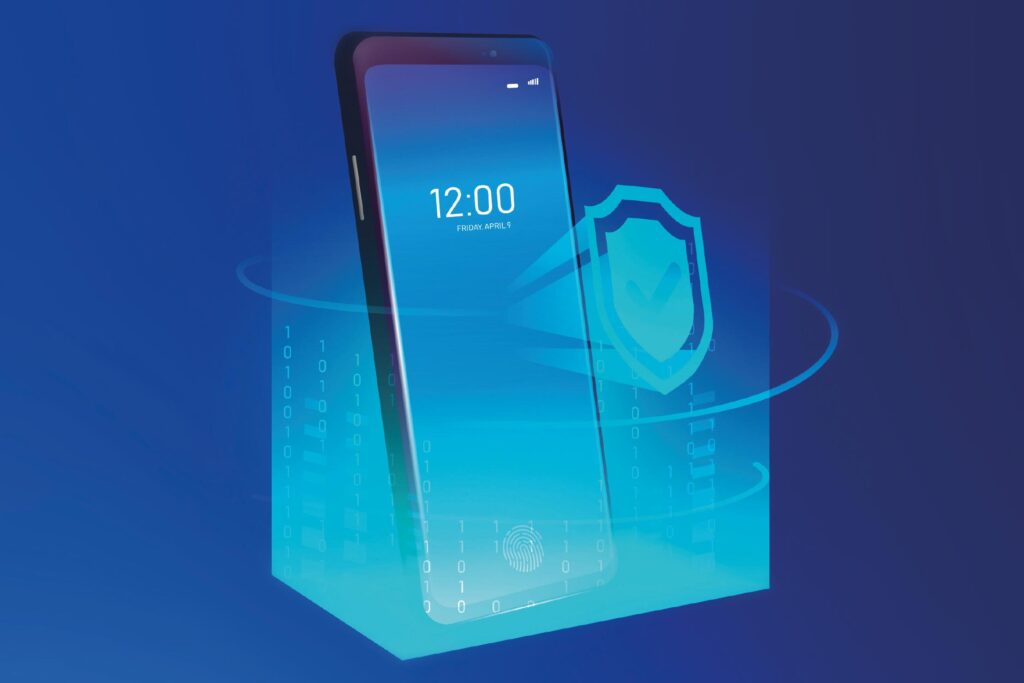
Tips For Effective Mobile Device Security
Mobile devices have become an integral part of our daily lives as tools for communication, work, entertainment, and much more. However, with increasing reliance on these devices comes the growing risk of cyber threats and data breaches.
Ensuring the safety and security of your mobile devices helps protect sensitive information and maintain privacy. Whether for personal or business use, adopting effective strategies and utilizing solutions like mobile device protection services Dubai can help safeguard your devices against various vulnerabilities.
Use strong password and biometric security:
A strong password is the first line of defense against unauthorized access to your mobile device. Avoid using simple or easily guessable passwords, and ensure your device is protected with a secure passcode. Additionally, enable biometric security features such as fingerprint or facial recognition, which add an extra layer of protection and make it harder for someone to access your device.
Keep software and apps updated:
Regular updates to your mobile device’s operating system and applications are key for maintaining security. Software updates often include patches that address vulnerabilities that hackers may exploit. Set your device to automatically install updates to ensure that you’re always protected from the latest security threats.
Install a mobile security app:
To add an extra layer of protection, install a reputable mobile security app. These apps can help detect malware, block malicious websites, and offer anti-theft features. Many mobile security apps also include privacy tools, such as VPNs (Virtual Private Networks) that encrypt your internet connection, making it harder for cybercriminals to intercept your data.
Be cautious with app permissions:
When installing apps on your mobile device, review the permissions they request carefully. Some apps may ask for access to features that they don’t need for their functionality, such as your location, camera, or contacts. Deny any unnecessary permission to reduce the risk of unauthorized access to your personal information.
Use secure networks:
Avoid connecting to public Wi-Fi networks, especially when accessing sensitive information. Public networks are less secure and make it easier for hackers to intercept your communications. Use a VPN when connecting to public Wi-Fi, as it encrypts your internet traffic and protects your privacy while browsing.
Enable remote lock and wipe features:
If your mobile device is lost or stolen, enabling remote lock and wipe features can help protect your data. These features allow you to remotely lock your device and erase sensitive information, such as passwords, photos, and documents. Ensure that you have set up your device’s remote lock and wipe functions in advance, so you can act quickly if your device is compromised.